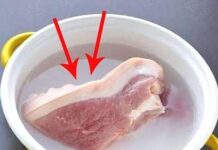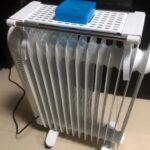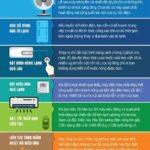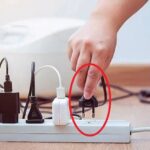1. Dry Air, Unpleasant for Users
There are single-mode air conditioners (cooling only) and dual-mode air conditioners (cooling and heating) available on the market. While air conditioners cool effectively, they are not as efficient at heating.
The hot air they blow can be extremely dry, causing skin and lip dryness and discomfort. Additionally, the noise from the outdoor unit during heating can be quite loud, disturbing your sleep.
The heating capability of air conditioners is also limited, with heat mostly concentrated in the upper part of the room. As a result, while the upper body may feel warm, the lower body will still feel cold when touching the floor.
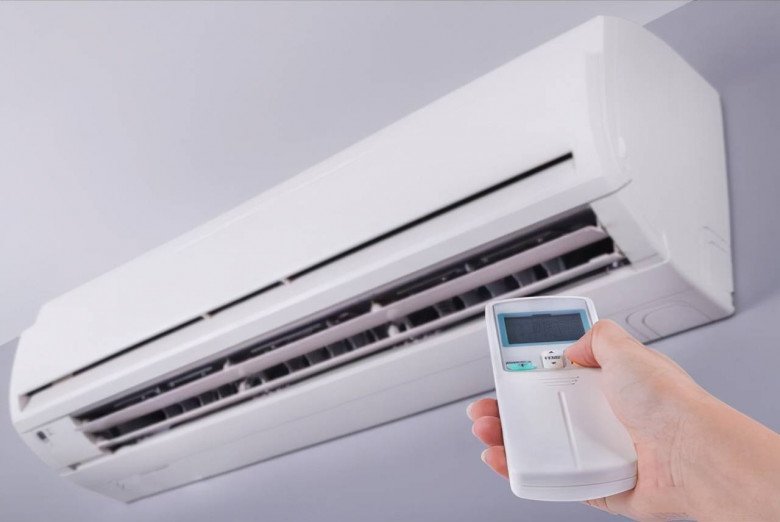
2. High Power Consumption
As we know, air conditioners consume a significant amount of electricity, whether for cooling or heating. However, when used for heating, they tend to consume even more electricity, often two to three times as much as cooling. Air conditioners in heating mode also use more electricity compared to other heating appliances.
The high power consumption, coupled with tiered electricity rates, results in a substantial increase in electricity bills. This is the primary reason why most families opt not to use air conditioners for heating during winter.
Another point to note is that the lower the outdoor temperature, the more electricity the air conditioner will use for heating. When the outdoor temperature is above 5°C, the heating efficiency is better. At 0°C, the heating efficiency is not as good, and it will, of course, consume a lot of electricity.

3. Negligible Heating Effect in Cold Regions
While air conditioners can provide heating, their effectiveness in cold regions is negligible. When temperatures drop to extremely low levels, it is advisable to use a dedicated heater.













